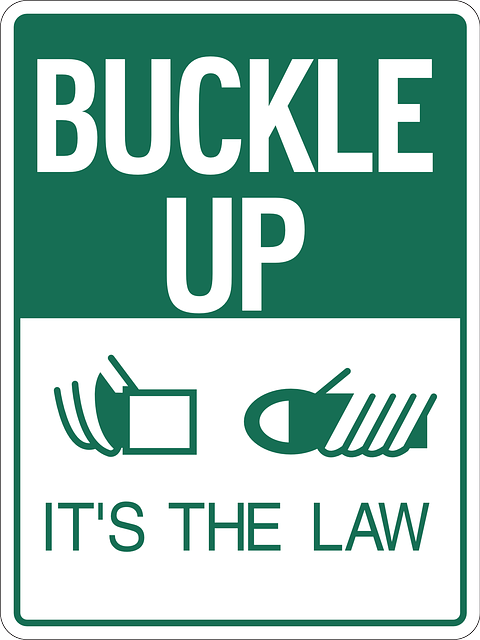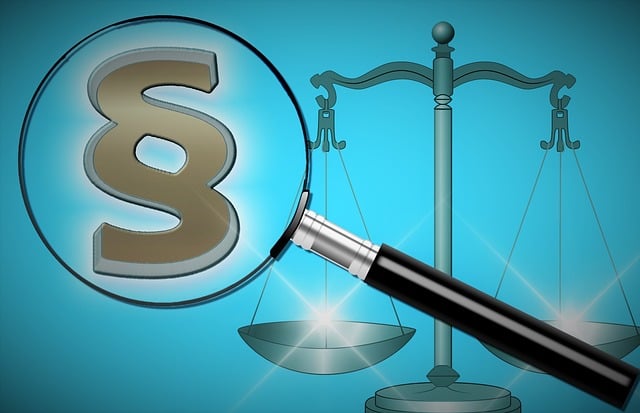Whistleblower Protection Laws (WPL) are essential for navigating Litigation Challenges in Financial Regulatory Compliance (FRC), especially in white-collar crime cases. Robust evidence, including financial records and expert testimony, is key to successful defenses. Understanding WPL, federal & state laws, and crafting compelling arguments balance protecting whistleblowers' rights with fair business practices, leading to outcomes that compensate whistleblowers, deter wrongdoers, and strengthen regulatory compliance.
“Whistleblower protection lawsuits play a pivotal role in ensuring transparency and accountability within financial regulatory landscapes. This article delves into the intricate world of legal protections for individuals who expose fraudulent or illegal activities. We explore key aspects, including understanding relevant laws, navigating complex litigation challenges in financial compliance cases, and the critical importance of evidence. Additionally, we uncover strategic approaches to safeguard whistleblowers and analyze the significant impacts and outcomes of these lawsuits.”
- Understanding Whistleblower Protection Laws
- Common Challenges in Financial Regulatory Compliance Litigation
- The Role of Evidence in Whistleblower Cases
- Legal Strategies for Effective Whistleblower Protection
- Impact and Outcomes of Whistleblower Protection Lawsuits
Understanding Whistleblower Protection Laws

Whistleblower Protection Laws (WPL) are a crucial set of legal frameworks designed to safeguard individuals who expose illegal or unethical activities within organizations, particularly in the financial sector. These laws offer a safety net for whistleblowers by prohibiting retaliation against them when they report violations of federal or state law. Understanding WPL is essential for navigating litigation challenges in Financial Regulatory Compliance (FRC).
In cases involving white-collar crimes, where complex financial transactions and intricate corporate structures are at play, WPL can significantly impact the course of justice. When a whistleblower initiates legal action, alleging that their employer has retaliated against them for reporting fraudulent activities or non-compliance, it often leads to jury trials. These trials present a unique challenge as they require a delicate balance between protecting the rights of whistleblowers and ensuring fair business practices. The ultimate goal is to secure complete dismissal of all charges if the defendant can prove that their actions were in line with legal and ethical standards, despite any claims of retaliation.
Common Challenges in Financial Regulatory Compliance Litigation

Whistleblower protection lawsuits in the financial regulatory compliance space present unique challenges that go beyond typical legal disputes. These cases often involve complex financial transactions, intricate corporate structures, and highly specialized knowledge. Navigating these intricacies can be a hurdle for both plaintiffs and defendants, alike. The complexity arises from the need to understand and interpret various regulations, such as anti-money laundering laws or securities fraud provisions, which are constantly evolving and subject to interpretation by regulatory bodies.
One of the significant Litigation Challenges in Financial Regulatory Compliance is proving intent and knowledge, especially when dealing with sophisticated financial instruments and offshore entities. Defendants often employ complex strategies to hide their actions, making it a daunting task for whistleblowers and their legal representatives to unearth relevant evidence. Additionally, the involvement of philanthropic and political communities can further complicate matters, as these entities may have significant resources and connections that influence the outcome. However, with robust general criminal defense strategies and a relentless pursuit of justice, winning challenging defense verdicts is not unprecedented in this arena.
The Role of Evidence in Whistleblower Cases

In whistleblower cases, evidence plays a pivotal role in navigating the complex landscape of financial regulatory compliance litigation challenges. The success of a whistleblower’s claim often hinges on robust and compelling evidence that substantiates allegations of misconduct within an organization. This includes financial records, internal communications, and expert testimony that can expose fraudulent activities or unethical practices. An unprecedented track record of successful whistleblowing can significantly strengthen the case, demonstrating a pattern of corporate wrongdoing.
The court’s focus on admissible and relevant evidence is crucial. Whistleblowers must present their information in a structured and organized manner to avoid the complete dismissal of all charges. This involves meticulous documentation, thorough analysis, and adherence to legal protocols. By providing clear evidence, whistleblowers can ensure that their concerns are taken seriously and contribute to avoiding indictment in cases where the facts warrant it.
Legal Strategies for Effective Whistleblower Protection

In navigating whistleblower protection lawsuits, legal strategies must be tailored to address unique challenges in financial regulatory compliance. One key approach is to leverage extensive knowledge of both federal and state laws governing whistleblowers, ensuring corporate and individual clients receive robust protections throughout all stages of the investigative and enforcement process. Effective representation involves crafting persuasive arguments that highlight the public interest served by disclosures, while mitigating potential liabilities for clients.
Moreover, successful legal strategies often hinge on an unprecedented track record in defending whistleblowers against litigation challenges. This includes strategic use of discovery to expose weaknesses in accusers’ cases, meticulous examination of evidence, and aggressive cross-examination of witnesses. By employing these tactics, legal teams can safeguard their clients’ rights while advancing the integrity of financial regulatory compliance.
Impact and Outcomes of Whistleblower Protection Lawsuits

Whistleblower Protection Lawsuits have a profound impact on the landscape of financial regulatory compliance, empowering individuals to take on powerful entities and achieve extraordinary results. These legal actions serve as a crucial tool for holding corporations and individuals accountable for fraudulent or illegal activities, ultimately enhancing transparency and integrity within the industry. When faced with litigation challenges in Financial Regulatory Compliance, whistleblowers play a pivotal role in unearthing hidden truths that might otherwise remain uncovered.
The outcomes of such lawsuits can be transformative. Jury trials, for instance, provide a platform for presenting complex financial fraud cases to a group of citizens, ensuring a fair and public verdict. This process not only compensates the whistleblowers but also sends a powerful message, deterring potential wrongdoers from engaging in similar illicit behaviors. As a result, it fosters a culture of ethical business practices and encourages employees to come forward with vital information, thereby strengthening regulatory compliance mechanisms over time.
Whistleblower protection lawsuits play a pivotal role in upholding financial regulatory integrity, empowering individuals to expose fraudulent activities without fear of retaliation. By understanding the nuances of whistleblower protection laws, navigating common challenges in litigation, and employing robust legal strategies, these cases can yield significant impacts and outcomes, ensuring accountability and enhancing compliance within the financial sector. Addressing litigation challenges specific to financial regulatory compliance is essential for fostering a culture of transparency and ethical conduct.






